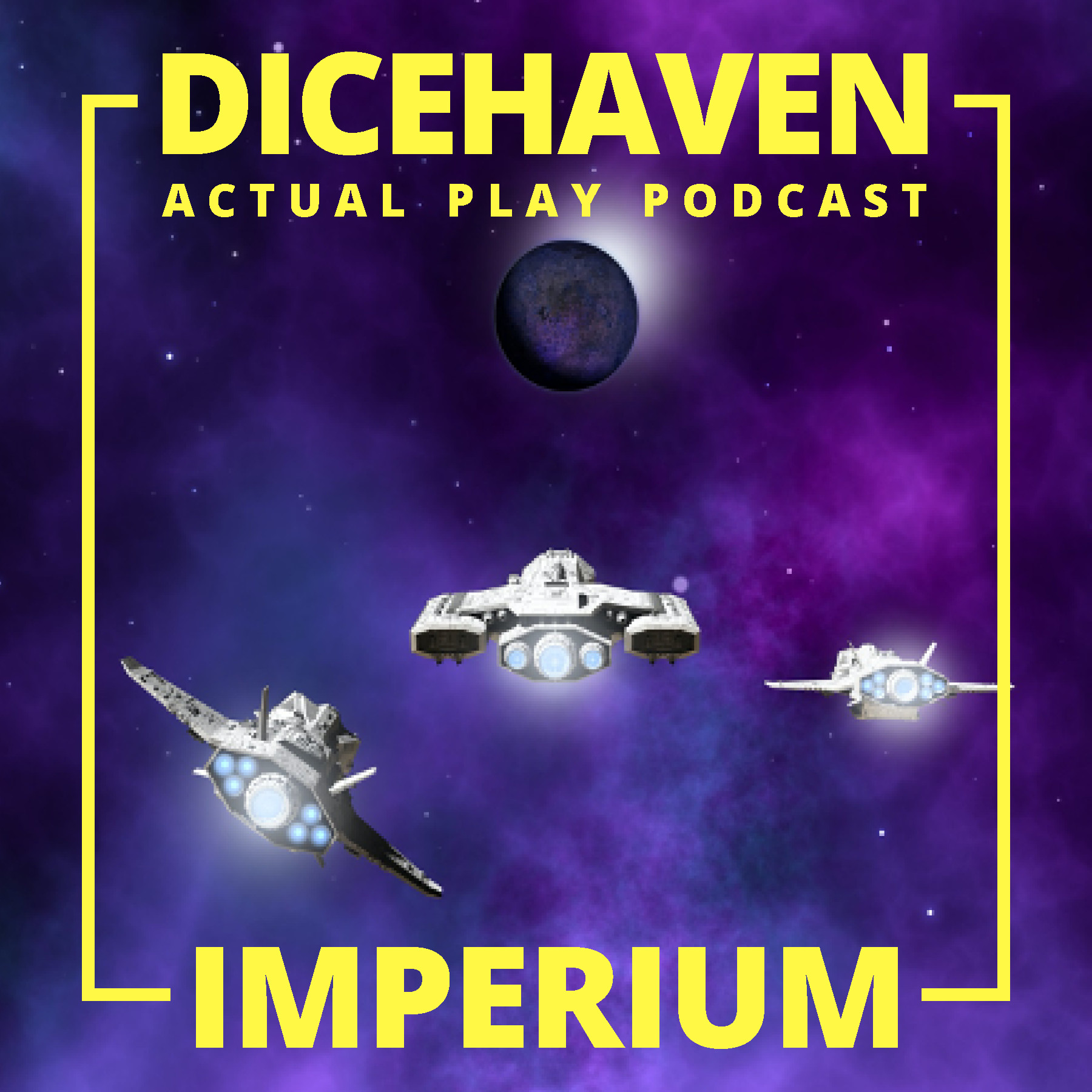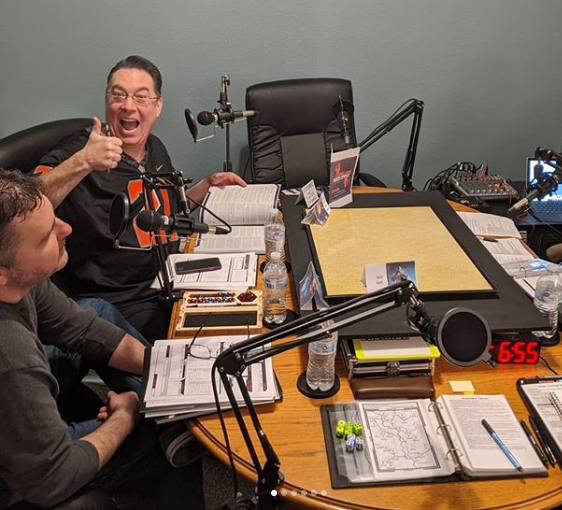Movie makers have many cinematography options available to set mood and tone — from the tight camera angle used to create fear and suspense, to the musical score playing in the background, to other elements such as lighting and cross-dissolves.
In writing, you’re usually restricted to black characters on a white page, with only bold and italic characters to highlight your phrases. There are many other elements the writer can use to set tone and mood, and to convey to the reader the emotion you want to represent on the written page.
One technique is something I call the ‘offset phrase.’ Imagine having the page queue a dramatic crescendo of music, or adding a yellow highlighted underline to a word or sentence. We don’t have those elements, but we do have the ability to offset a phrase.
Like this.
When you want to make a point or highlight words, don’t let them dangle, lost at the end of a lengthy paragraph. Add in the paragraph break and put the few words, often a sentence fragment, all by themselves on a new line that is a standalone paragraph.
Take this phrase from my short story, “The Glass Kiss”:
Even after identifying the body and fighting the shock and tears, she couldn’t come to grips with the awful truth. Kevin was dead and wasn’t coming back. Ever.
So she’d thought then.
At which point the reader’s imagination cues the Norman Bates’ shower scene shrieks made famous by Alfred Hitchcock.



Recent Comments